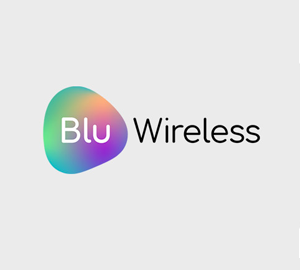Mayor of London, Boris Johnson, has promised to bring hyper-fast 5G mobile connections to the city by 2020. This, he said, forms part of a long-term investment plan into the city’s infrastructure, which will see connectivity given equal prominence to more conventional resources like transport, energy and water.
The term 5G, which refers to a nebulous group of technologies and standards likely to constitute 5th generation mobile network architecture, does not as yet denote a particular set of standards in terms of spectrum usage, speed or device specification.
Current LTE services are being delivered over more than 40 different bands around the world. This is a very broad range, and this causes problems for both travellers and technology manufacturers, which must build products that support all global standards and frequency bands. Researchers are exploring 5G concepts in bands that range from 28 GHz to 200 GHz –this is a potentially much wider band of spectrum than currently used for cellular services.
5G standards organisations are coming together in China, Europe and the US, many with the declared intention of harmonising spectrum usage.
A key organisation in this process is the United Nations’ (UN) International Telecommunication Union (ITU), which manages information and communication technologies including coordinating the use of the radio spectrum and the development of standards for wireless technologies.
The ITU’s event, The World Radiocommunication Conference 2015 (WRC-15) to be held Nov. 2-27, 2015, in Geneva, will be an important milestone in harmonising millimetre wave services for 5G. The event, organised by the ITU every three or four years, is a key meeting place for planning global spectrum use.
No mention from Boris so far concerning how government regulation of the 60Ghz frequency might impact on the deployment of 5G.









